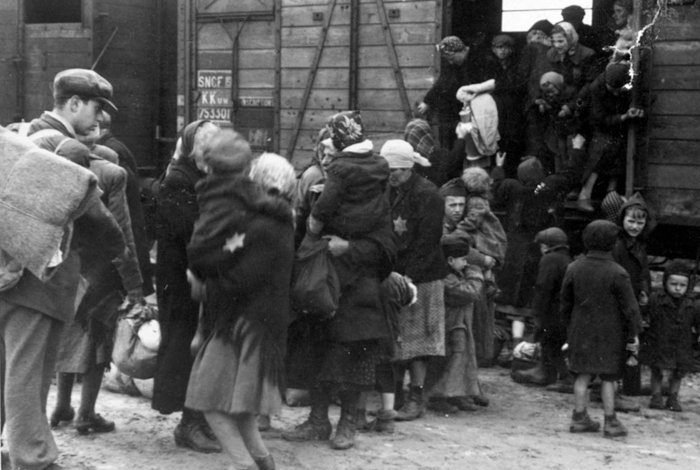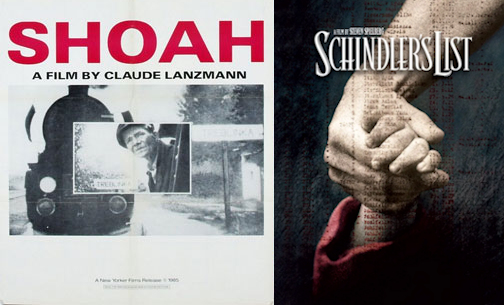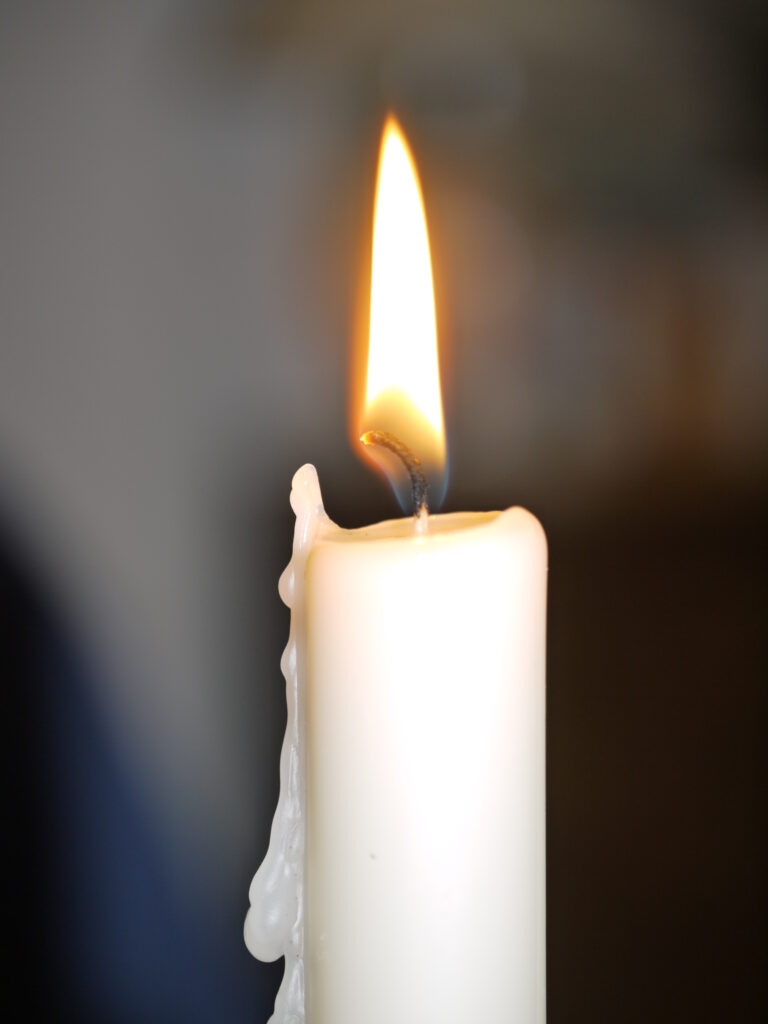
I’m not a Jew. None of my family, or anyone I know, has ever been the victim of genocide, but the Holocaust Memorial Day has become of great significance to me over the years.
From the Holocaust Memorial Day Trust (HMDT) website, the Holocaust Memorial Day is ‘The international day on 27th January to remember the six million Jews murdered during the Holocaust, alongside the millions of other people killed under Nazi persecution of other groups and during more recent genocides in Cambodia, Rwanda, Bosnia and Darfur.’

27th January was chosen because it is the anniversary of the liberation of Auschwitz-Birkenau, the largest Nazi death camp.
The Holocaust Memorial Day was created on that day in January 2000, when representatives from 46 governments around the world met in Sweden to discuss Holocaust education, remembrance and research.
At the end of this meeting, all attendees signed The Stockholm Declaration, a document committing their countries to preserving the memory of those who have been murdered in the Holocaust. It was updated in 2020.
So what does it mean for me? As I said, I’m not a Jew, but from an early age, about ten or eleven, when I read Diary of a young Girl by Anne Frank, the Holocaust, and its victims, have never been far away from my thoughts.

An avid reader for most of my life, reading a book a day as a child and as a teenager, I found myself regularly picking up a book about the Holocaust; both novels and non-fiction books and, throughout my life I have been drawn to films like Schindler’s list, and Shoah, Claude Lanzmann’s incredible 12 hour documentary of interviews with survivors, witnesses and perpetrators during visits to German Holocaust sites in Poland.

I thought I had a reasonable understanding of the Holocaust, but when I decided to write a novel about the Holocaust, set in Kiel in Northern Germany, I immersed myself in research and, the deeper I delved into the archives, the more I realised how little I knew. Even now, six years of research on, with a million word trilogy under my belt, I feel as if I have only just scratched the surface.
Since I started writing the Sturmtaucher Trilogy, a day, sometimes even an hour, doesn’t pass without a thought about the Holocaust seeping into my mind and, as the number of survivors still with us dwindles every coming year, we must come to a stark realisation that the only witnesses to the horrors of the Nazi years will be on the written page, or in film archives.
It is imperative that we remember every victim: Jew, Roma, Sinti, Communist, Jehovah’s Witness or homosexual. And that we do not allow Holocaust deniers to go unchallenged.

I’m not a person of faith, but the characters in my trilogy were deeply religious. I do not own a menorah, but I will light a candle on Holocaust Memorial day and stand quietly, reflecting on those who perished, those who survived, those who perpetrated, and those who stood by and let it happen.

Thanks for sharing. Totally with you on this.
Thanks, Debbie. I would challenge anyone who has read widely on the Holocaust, or written about it, not to be deeply affected by it.
Alan
Thank you Alan.
I have always been a reader like you and knew a bit about the Holocaust, but reading the Sturmtaucher Trilogy really engaged me with the issues and helped me to understand more of the awful progress and the horrendous impacts.
Thank you
Rory,
It is like a bottomless pit. There are enough testimonies alone to write books for the next five hundred years and still have material left.
Alan
At the age of 76, I found my emotions and thoughts regarding the holocaust had greatly diminished. They were powerfully and completely restored when I read your brilliant Stürmtaucher Trilogy. I too will now contemplate on Holocaust Day.
Robin,
Thank you. I’m so glad to have revived your interest in the Holocaust. I honestly feel it is important that we try and keep the memory of those horrific twelve years alive, and I do feel that the Sturmtaucher Trilogy can genuinely help to do that.